Posted on 12/23/2022
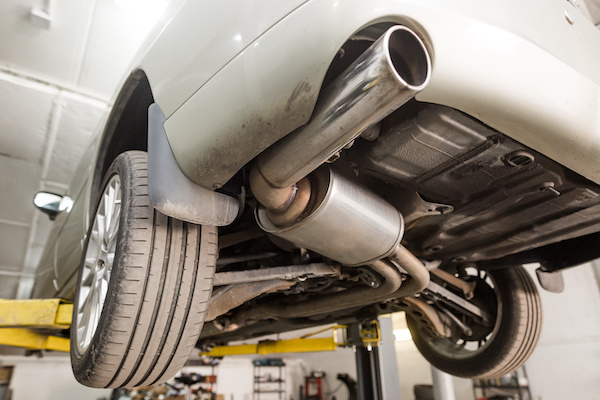
The modern car comprises hundreds of parts working together in harmony. However, certain systems, such as the exhaust system, affect your vehicle's overall performance and health. Made of numerous parts, the exhaust system only works its best when all the features sync. If one part is damaged or doesn't work harmoniously with the rest, the entire system fails. While you may try to keep your vehicle at its best, sometimes the exhaust system may fail to work correctly, leading to system failure. It's crucial to know what signs to look for and how to deal with them to prevent an exhaust system failure. Common Exhaust System Problems to watch out for Exhaust Leaks If you drive on rough roads regularly, you're more at risk of experiencing exhaust leaks sooner than expected. Most vehicles cannot handle rough road conditions. The uneven ground and bumps, and potential potholes on rough roads cause shaking during driving, cracking weak areas such as joints. Ultimately, the ... read more
Posted on 11/29/2022
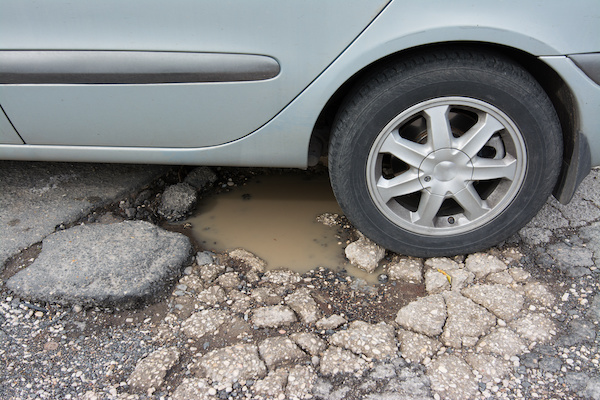
We've all had our fair share of guilty deeds when it comes to driving. While there are some things we can get away with, like forgetting to signal once or twice, some driving habits can do grave damage to your vehicle. Let's break down some of the most common driving practices that can hurt your car and why you should stop doing them ASAP. #1: Crashing into Potholes Some cities may have more road obstacles like potholes than others. However, potholes can be found in both rural, urban, and anywhere in between areas. These sneaky holes can cause more than a bump. If you hit a pothole straight on and if it's deep enough, potholes can ruin your car's suspension, steering, and wheel alignment. To prevent this from happening to you, we advise that you stay alert and drive defensively to avoid these nasty things. In some instances, slowing down can help by minimizing the impact and the potential damage altogether. #2 - Speeding Over Speed Bumps Speaking of bumps ... read more
Posted on 10/31/2022
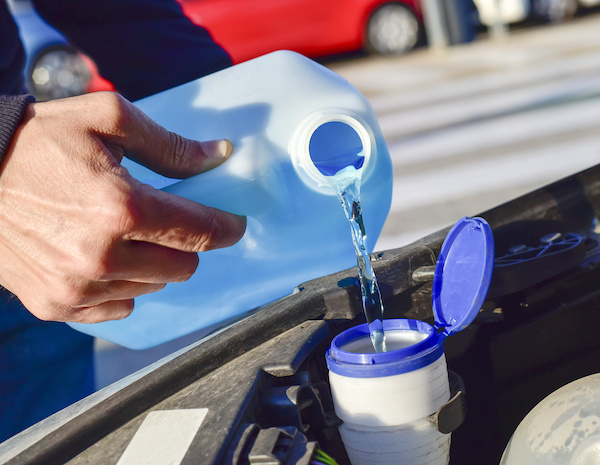
When people contemplate using water instead of windshield washer fluid, they do it for three very good reasons: Using water instead of windshield washer fluid saves money. Using water instead of windshield washer reduces the use of chemicals that pollute the environment. Water does not contain solvents that can damage the car's paint finish. However, does this mean that you should replace your windshield wiper solvent with water? The answer is no! Why You Should Never Use Water Instead of Window Wiper Fluid If you use water in your window wiper system in the winter, the water freezes, swells up as it turns to ice, and damages your entire system. If you use water in warm weather, especially tap water, is that the minerals in it crust in the wiper's reservoir, tubes and pump, eventually rendering it useless. Water does not have the solvents and soporific agents needed to dissolve bugs and rinse your windows so that they are crystal clear. Water can be used in your window wiper ... read more
Posted on 9/29/2022
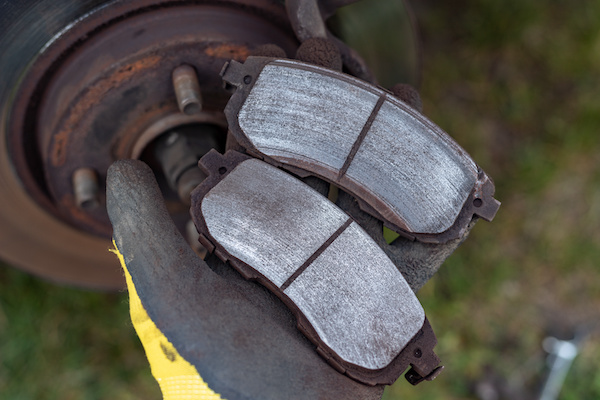
Imagine you're driving along the road on your way to a pumpkin patch or apple orchard and you press on your brake pedal to stop at the next light, but you only hear an eruption of a squealing noise. You panic because even the radio can’t drown out the sound. If you are experiencing noisy brakes ever time you apply pressure to the brake pedal, there’s a good chance that your brake pads need replacing. Let's examine all the signs of worn brake pads. If you drive a car, SUV, or truck, you most likely have brake pads on the front, rear, or both ends of your vehicle. Similar to tires, front brake pads usually will wear down quicker than the ones on the rear of your automobile. However, we recommend replacing them all at once to make your life a little easier. Brake pads generally need to be replaced after 50,000-75,000 km or so, but your braking habits, the quality of the brake pads, and the make, model, and age of your vehicle also factor in your brake ... read more
Posted on 8/30/2022
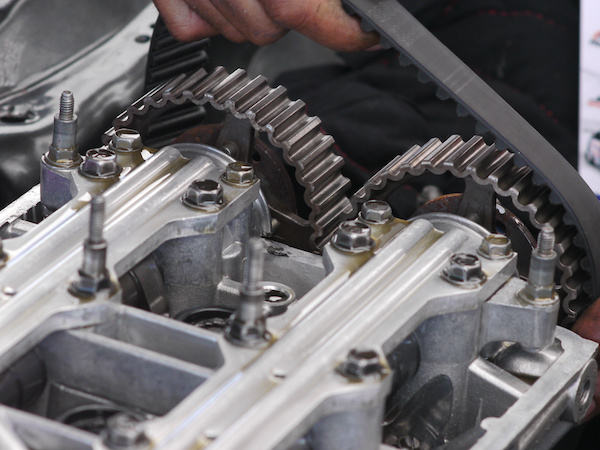
A timing belt is a simple device that keeps your engine's valves and pistons operating in synch. Without one, your car won't run properly. If unsure how often to change your timing belt, you should check with the manufacturer or a mechanic working on this type of car. But here are some general guidelines: When Should You Replace Your Timing Belt? Replace the timing belt when worn, broken, slipping, noisy, leaking, or cracked. If you are experiencing any of these problems with your belt, it is time to replace it. Replace the belt if any of these conditions apply: When your car reaches 50% of its original length (this will depend on your car's age), it is time for a replacement. A sign that oil or coolant has contaminated the belt. It could lead to premature failure, which could cause engine damage. What Is a Timing Belt and How Does It Work? A timing belt keeps the valves opening and closing at the right time. The timing belt connects your engine's crankshaft to it ... read more